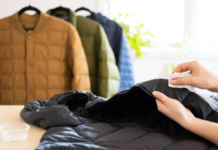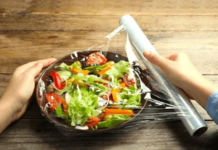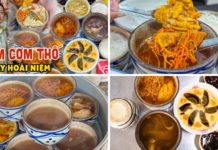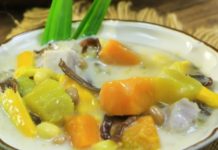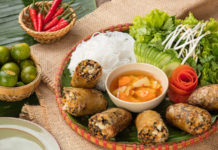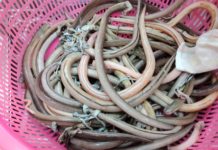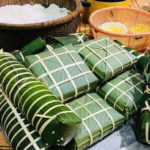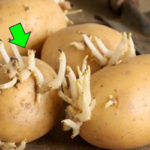In the old days, our ancestors used to soak various types of seeds and some food items that required soaking to be considered necessary.
Soaking food is an important pre-processing step that both helps clean and enhance the taste of certain foods.
Soaking food before cooking has the element of preventing discoloration and fast cooking. However, this element is not as important as soaking the food to make it safer. The experience of the ancients, which has been carefully analyzed by science until now, shows that soaking certain foods in water before cooking is extremely necessary.
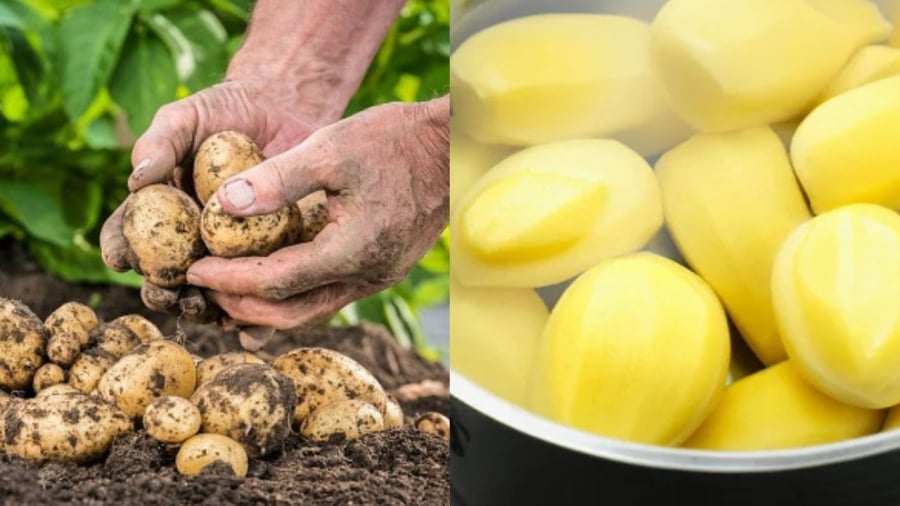
Potatoes, cassava, fresh bamboo shoots need to be soaked to remove toxins
In natural potatoes, there are relatively high levels of alkaloid acrylamide and a small amount of solanine. Therefore, eating a lot of potatoes can cause vomiting. Soaking potatoes in water is necessary to remove these toxins. Therefore, when cooking, it is taught to peel the potatoes, then slice them and soak them in cold water before cooking. In addition, after peeling, the starch layer reacts with the air, causing the potatoes to turn brown, so soaking them in water will help maintain the freshness of the potatoes. Soaking potatoes in cold water will make them both safe and delicious when cooked.
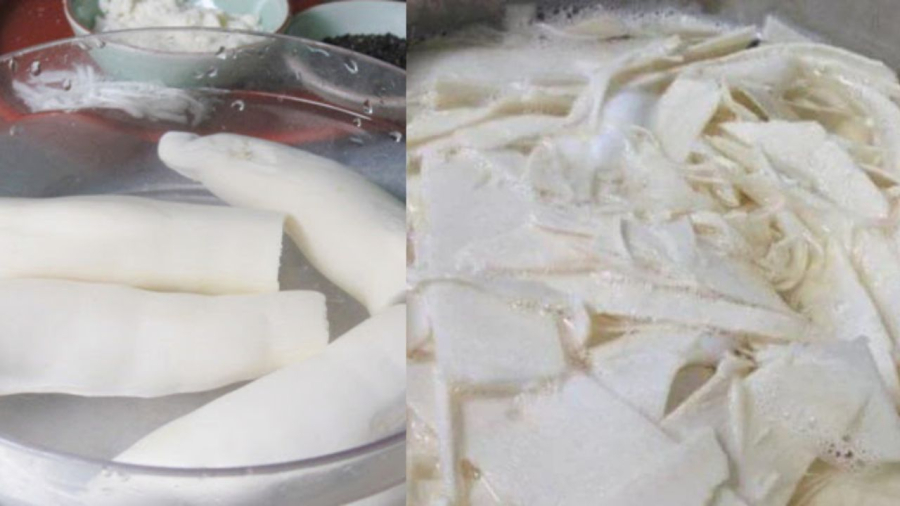
Similarly, cassava and fresh bamboo shoots also contain a lot of natural toxins such as cyanide, which can cause fatal poisoning when consumed. At this time, soaking is an effective method to remove toxins. There have been cases of bamboo and cassava poisoning causing death. Therefore, bamboo shoots and cassava must be well soaked and the water changed several times before cooking. The toxin in cassava accumulates most in the skin, two ends, and core, so when processing, the skin should be peeled off, not boiled with the skin, and soaked for 2-3 hours to remove the toxins. When cooking bamboo shoots, they need to be soaked and the water changed multiple times, then boiled multiple times to decompose the toxins, leaving a small amount that does not affect its quality. When cooking, it is necessary to open the pot so that the toxins continue to evaporate with the steam.
Seeds (rice, brown rice, beans, raw almonds…) also need to be soaked
Nature has a very good self-protection mechanism. Seeds are naturally susceptible to germination when exposed to rain and humid weather. Therefore, natural seeds have germ inhibitory compounds to ensure the preservation of seeds. When farmers soak them in water overnight, they stimulate germination. However, when not soaked, these compounds remain in the seeds. This compound inhibits nutrient absorption in humans. Therefore, when processing various types of seeds such as rice, soybeans, black beans, red beans, green beans, cashews, and other sproutable seeds, soaking is necessary.
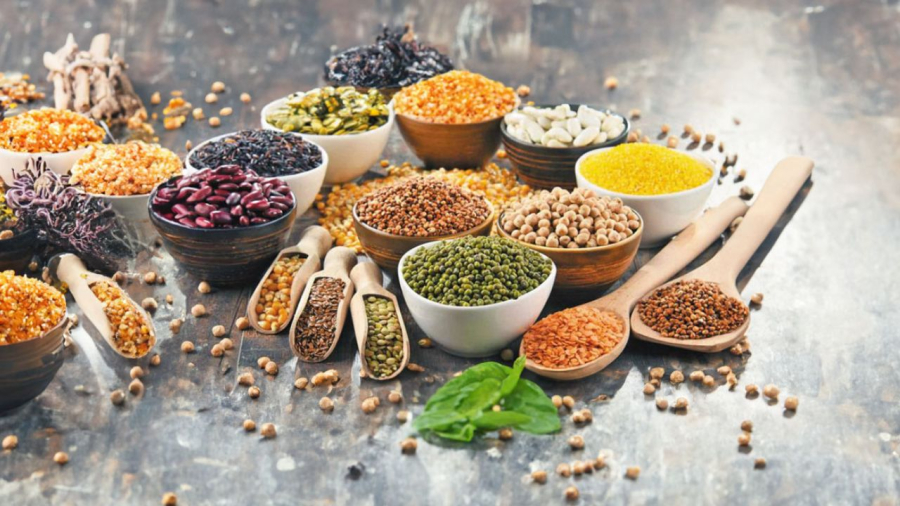
For seeds, soaking also helps them cook faster, softer, and more delicious. In rice, there is a natural arsenic content in the husk absorbed from the soil it is grown in.
Therefore, before processing, soak the seeds to limit the inhibitory substances and make them more nutritious.
If these seeds are not soaked before cooking, they can cause stomach pain and reduce nutrient absorption. Moreover, some types of seeds such as soybeans and black beans need to be cooked thoroughly after soaking.
So remember, this soaking tip for fruits and vegetables will help you prepare more delicious and safer dishes.
Bones and meat should be soaked before blanching and cooking
Soaking food with certain types is considered mandatory, such as bamboo shoots. Therefore, you should pay attention to arranging your time to ensure that the soaking process makes your food taste better and safer.
8 Common Mistakes People Make with Cutting Boards
Are you using your cutting board correctly? Many Vietnamese households rely on cutting boards in their kitchen, but not everyone knows how to use them properly, especially when it comes to wooden cutting boards. Check out these 8 mistakes to avoid when using a cutting board to ensure both hygiene and safety for everyone in your family.
Is Refrigerated Leftovers Linked to an Increased Risk of Cancer?
Dr. Lam Van Man, Head of Research, Development and Technology Transfer Department of the Institute of Safety Food, has warned of the risk of food poisoning when reheating leftovers from the refrigerator. But what should we be aware of when it comes to the possibility of these leftovers causing cancer? Here, we explore what the experts have to say on the matter and offer some tips for safe eating.
Preserving Leftover Food from the Tet Holiday
With the beginning of the Lunar New Year, many households are stocking up on food to celebrate the festive occasion. While keeping food in the refrigerator is convenient, it can also be harmful to users if not done correctly. We have compiled a few tips to help ensure food remains fresh and safe to consume during Tet.






